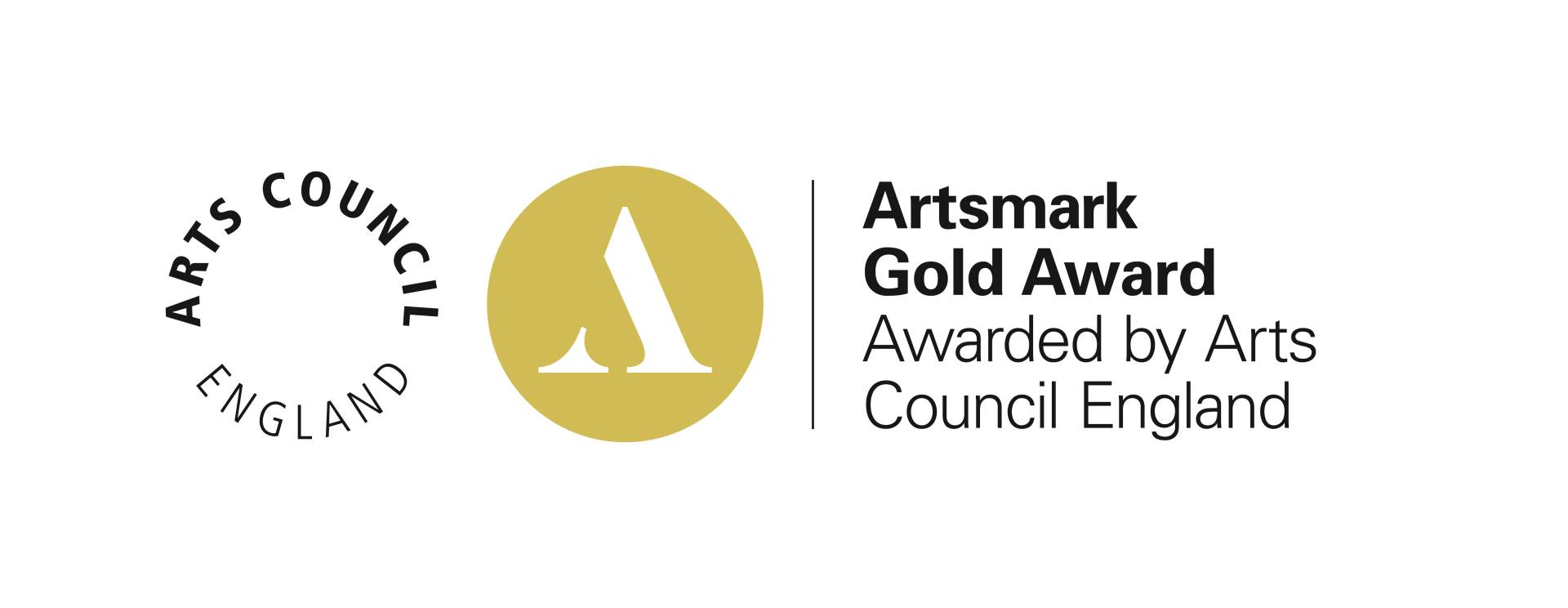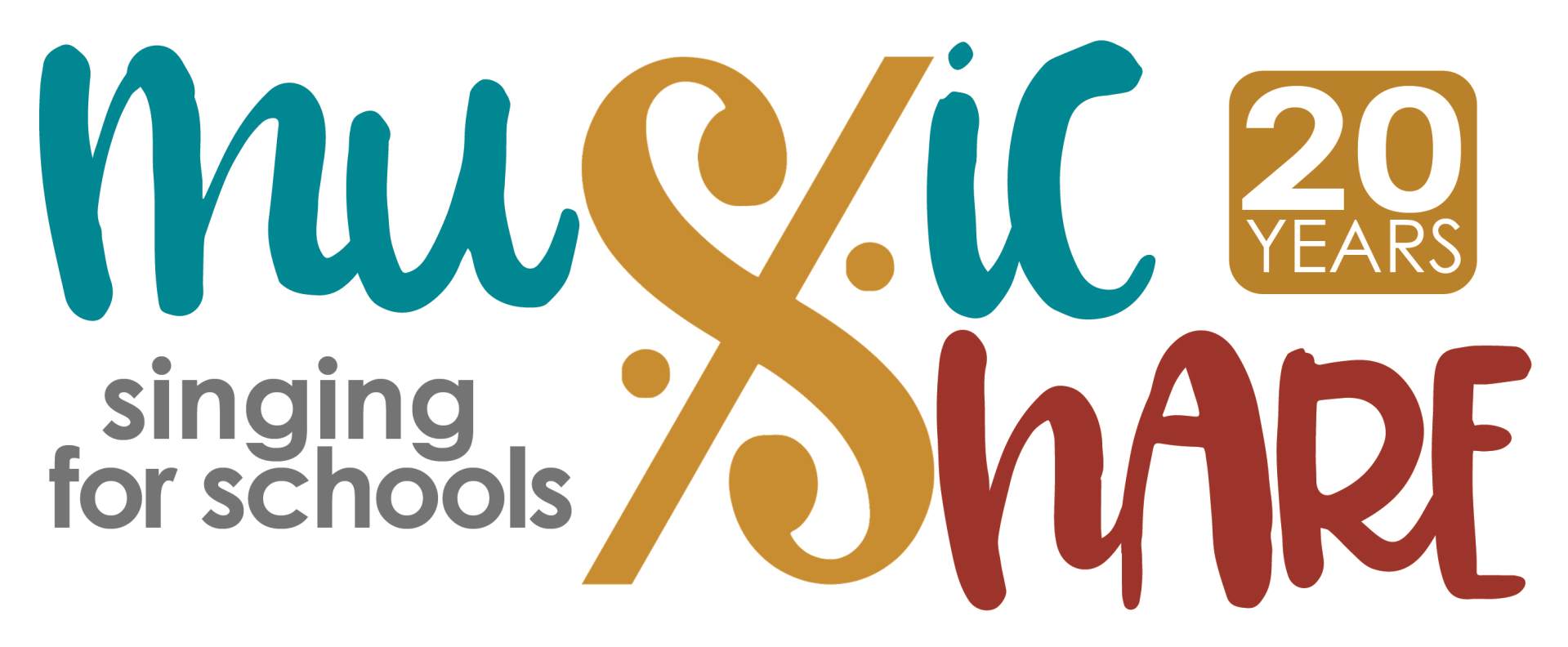A New Year's Resolution?
 The start of the new year might cause you to think about undertaking some resolutions. This got me thinking about new year’s resolutions in general - why do we focus on them, where have they come from and are they the right way forward?
The start of the new year might cause you to think about undertaking some resolutions. This got me thinking about new year’s resolutions in general - why do we focus on them, where have they come from and are they the right way forward?
Ancient Babylonians are said to have been the first people to make New Year’s resolutions, some 4,000 years ago. They were also the first to hold recorded celebrations in honour of the new year, although for them the year began not in January but in mid-March, when the crops were planted and they made promises to the gods to pay their debts and return any objects they had borrowed. These promises could be considered the forerunners of our New Year’s resolutions. If the Babylonians kept to their word, their (pagan) gods would bestow favour on them for the coming year. If not, they would fall out of the gods’ favour - a place no one wanted to be.
A similar practice occurred in ancient Rome, after Julius Caesar established January 1st as the beginning of the new year circa 46 B.C. Named for Janus, the two-faced god whose spirit inhabited doorways and arches, January had special significance for the Romans. Believing that Janus symbolically looked backwards into the previous year and ahead into the future, the Romans offered sacrifices to the deity and made promises of good conduct for the coming year.
For early Christians, the first day of the new year became the traditional occasion for thinking about one’s past mistakes and resolving to do and be better in the future. In 1740, the English clergyman John Wesley, founder of Methodism, created the Covenant Renewal Service, most commonly held on New Year’s Eve or New Year’s Day. Also known as known as watch night services, they included readings from scriptures and hymn singing, and served as a spiritual alternative to the raucous celebrations normally held to celebrate the coming of the new year.
Despite the tradition’s religious roots, New Year’s resolutions today are a mostly secular practice. Instead of making promises to the gods, we mostly make resolutions to ourselves, and focus on self-improvement. According to recent research, while as many as 45 percent of British people say they usually make New Year’s resolutions, only 8 percent are successful in achieving their goals. So after 4,000 years of practice, this is not a great success rate! Maybe this is because a focus on a particular goal risks closing our eyes to others. So this year, I would encourage you to use the moment to accept that resolutions and changes can be about agility and adaptability and can be outward looking, too. Let’s commit ourselves to the support and betterment of others and of our planet and let’s commit to the reality that resolutions are a useful tool all year round. They’re for life, not just for New Year!
I wish you all a very healthy and bright 2025.
Inservi Deo et laetare!














